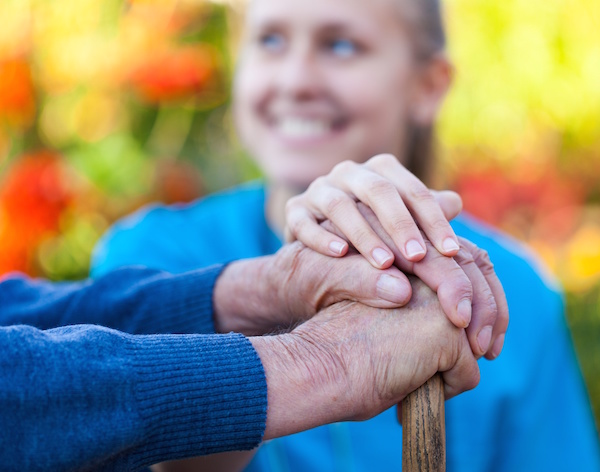
MONDAY, April 5 (HealthDay News) — People who develop cancer at a young age require lifelong monitoring and are at an increased risk of early death, according to the results of two new studies.
In one report, published in the April 6 issue of the Annals of Internal Medicine, researchers estimated the cumulative effect of disease- and treatment-related death risk in 15-year-old patients who had survived at least five years after treatment for childhood cancer.
The computer model developed by the study authors showed that health risks faced by childhood cancer survivors shorten their life span by an average of 10 years. That reduction in life expectancy varied according to the type of cancer. For example, survivors of kidney cancer died about four years earlier than the general population, while bone and brain cancer survivors died about 18 years earlier.
This shortened life expectancy could be the result of cancer treatments with long-term toxicity that were used in previous decades, the researchers noted.
When caring for childhood cancer survivors, doctors should consider past cancer treatments and their long-term effects, according to the authors of an accompanying editorial.
Another study published in the same issue of the journal found a substantially elevated risk of breast cancer among young women who had chest radiation for cancer when they were children or young adults. These women require lifelong monitoring for breast cancer, the researchers explained.
While evidence suggests that MRI and mammography beginning at age 25 may be the best screening approach for these women, the researchers said further research is needed to learn more about the potential benefits and threats of the additional radiation exposure associated with this type of screening program.
More information
The U.S. National Cancer Institute has more about late effects of childhood cancer treatment.

